These jets blast material at nearly the speed of light.
Researchers obtained the highest resolution images yet of eruptive jets streaming from a black hole. These findings were published in “Nature Astronomy.”
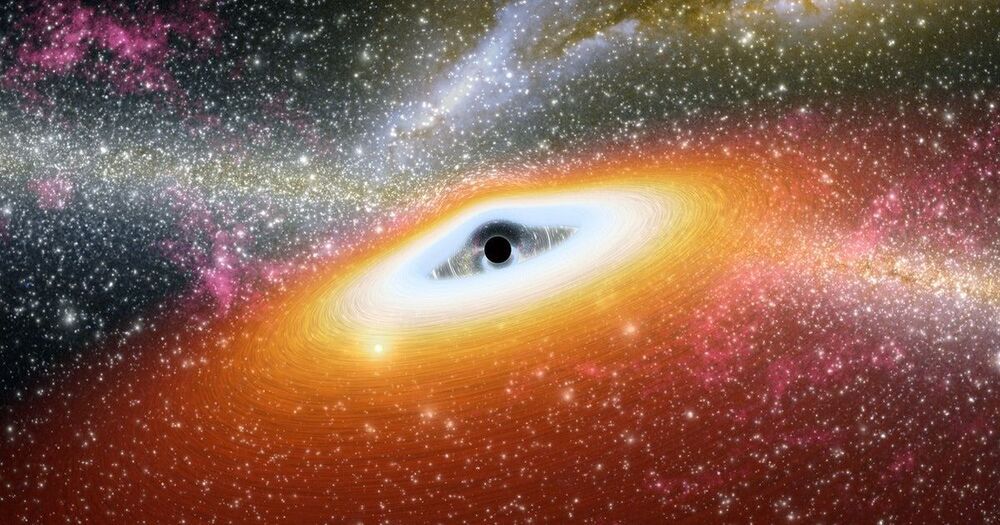


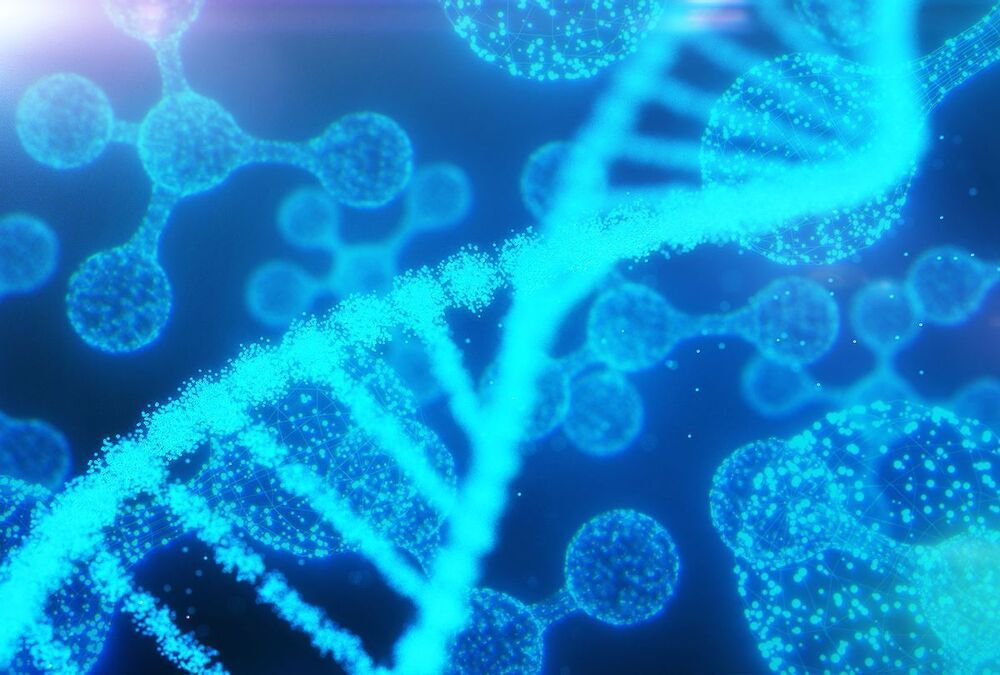

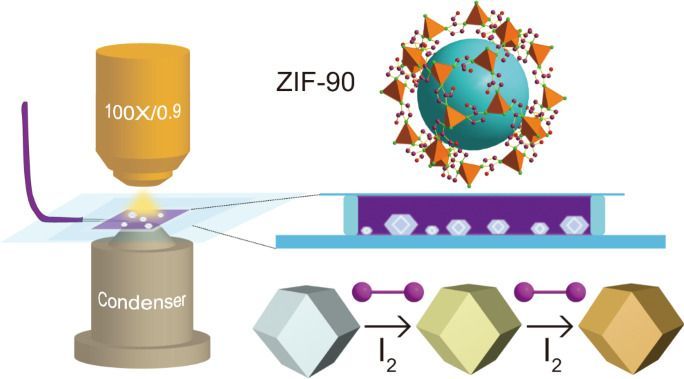
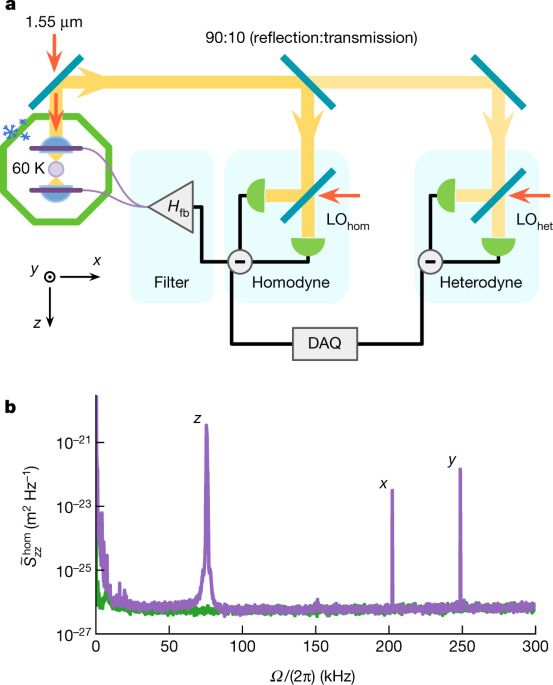
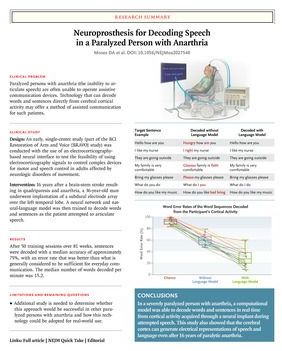
Original Article from The New England Journal of Medicine — Neuroprosthesis for Decoding Speech in a Paralyzed Person with Anarthria.
Dr. Moses, Mr. Metzger, and Ms. Liu contributed equally to this article.
A data sharing statement provided by the authors is available with the full text of this article at NEJM.org.
We thank the study participant “Bravo-1” for his dedication and commitment; the members of Karunesh Ganguly’s laboratory for help with the clinical study; Mark Chevillet, Emily Mugler, Ruben Sethi, and Stephanie Thacker for support and feedback; Nick Halper and Kian Torab for hardware technical support; Mariann Ward for clinical nursing support; Matthew Leonard, Heather Dawes, and Ilona Garner for feedback on an earlier version of the manuscript; Viv Her for administrative support; Kenneth Probst for illustrating an earlier version of Figure 1; Todd Dubnicoff for video editing; and the participant’s caregivers for logistic support.
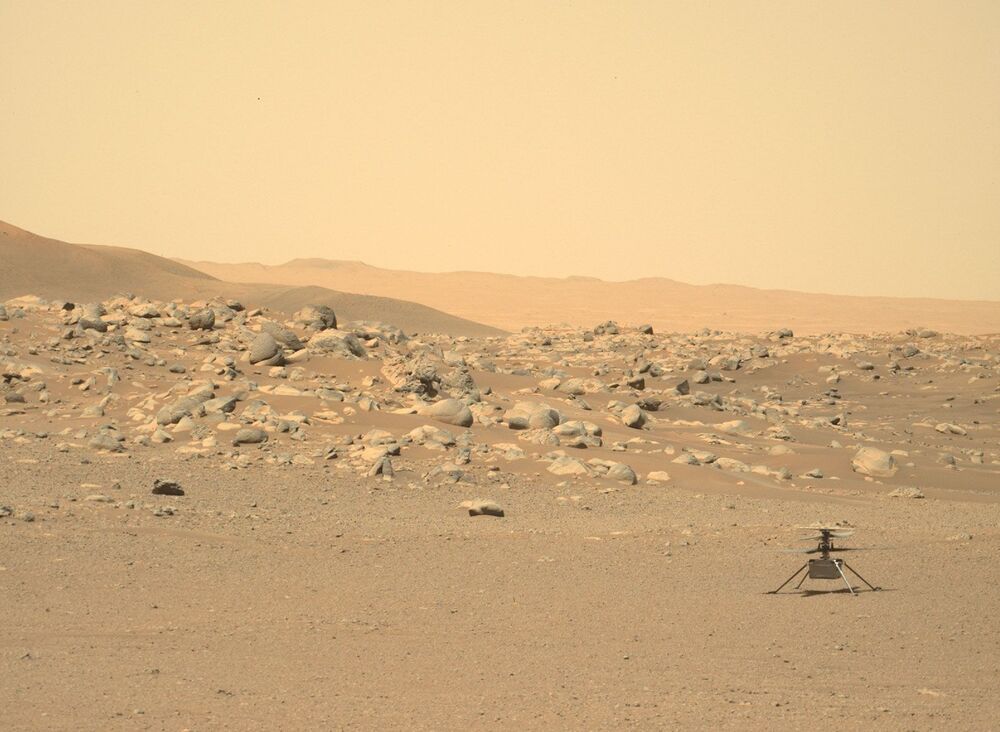

An asteroid about as long as the Great Pyramid of Giza is tall will make a “close” approach with Earth on Sunday (July 25), according to NASA calculations.
There is no worry that the space rock poses any threat to Earth, but NASA monitors such rocks to both learn more about the early solar system — asteroids are rocky fragments from that time — and because if their orbits were to change, the asteroid could pose a future risk to Earth.